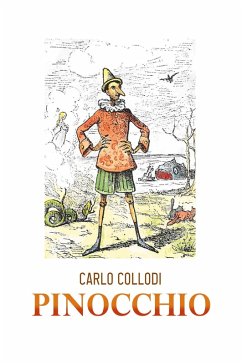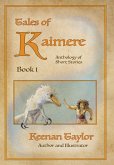In "Pinocchio," Carlo Collodi crafts a timeless tale that navigates the complexities of morality, childhood, and the quest for identity. The story unfolds through the adventures of a wooden puppet who yearns to become a real boy, employing vibrant characters and a rich allegorical framework. Collodi's narrative style, marked by an engaging blend of humor, pathos, and moral instruction, reflects the socio-cultural landscape of 19th-century Italy, where the burgeoning middle class grappled with evolving ideas about childhood and education. Collodi's work resonates with various literary movements, from fairy tales to realist literature, illuminating the struggle between innocence and experience in a rapidly changing world. Carlo Collodi, born Carlo Lorenzini in 1826, was a journalist and writer whose early experiences in the tumultuous Italian states greatly influenced his perspectives on education, social values, and the importance of personal growth. His own unconventional childhood and fascination with puppetry gave rise to "Pinocchio," which he originally serialized in 1881, before expanding it into a beloved book that reflects his critical views on society and the human experience. Collodi's ability to weave intricate lessons into a simple narrative is a testament to his literary genius. This edition of "Pinocchio" is a must-read for both children and adults, offering profound insights wrapped in an enchanting story. Readers will find themselves drawn into the whimsical yet cautionary world of Pinocchio, making it a perfect addition to any literary collection. Its exploration of the universal themes of honesty, integrity, and self-discovery remains relevant today, encouraging readers to reflect on their moral journey and the choices that define their lives.








